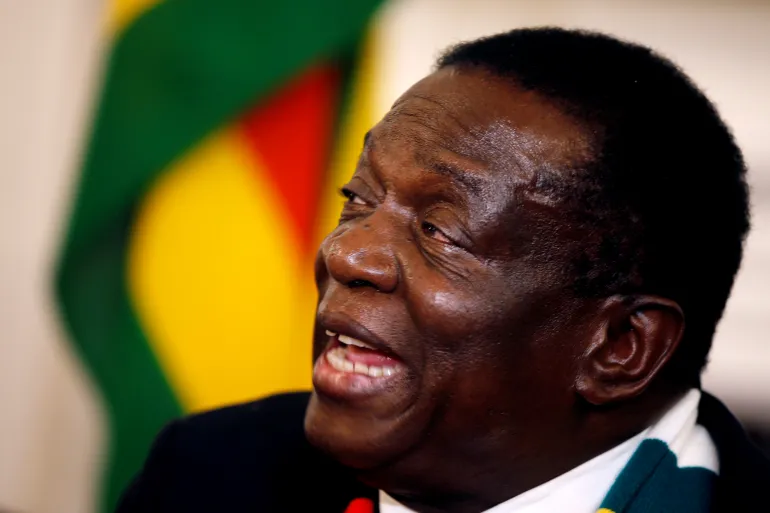Zimbabwe’s government has strongly criticized the United States for its imposition of fresh sanctions against President Emmerson Mnangagwa and senior officials. The US government accused them of corruption and human rights abuses. However, Zimbabwe has labelled these allegations as defamatory and has demanded evidence from the Biden administration to support these claims.
In response to the sanctions, a spokesperson for President Mnangagwa described the accusations as “gratuitous slander” against Zimbabwe’s leaders and people. The government official demanded that the US lift the “illegal coercive measures” without delay. Zimbabwe’s call for the removal of the sanctions has also been extended to international bodies, such as the United Nations, the African Union, and the Southern African Development Community (SADC).
These newly imposed sanctions replaced a broader program that had been in place for two decades. However, Zimbabwe has criticized the manner in which the US government lifted the old sanctions, stating that Zimbabweans cannot be expected to express gratitude for the measure. The deputy chief secretary in President Mnangagwa’s communication team, George Charamba, emphasized that the lifting of earlier sanctions could not erase the “heinous crimes” committed against Zimbabwe and its people.
The previous set of sanctions, imposed in the early 2000s, targeted then-President Robert Mugabe and numerous other high-ranking government officials. The US government accused them of undermining democracy in Zimbabwe. Zimbabwe’s government has consistently blamed these economic tariffs for the country’s severe economic challenges, including hyperinflation and high poverty rates.
The fresh measures introduced by the US now block assets held by President Mnangagwa and the sanctioned officials in the United States, and also prohibit them from unofficial travel there. The list of individuals affected includes First Lady Auxillia Mnangagwa, Vice-President Constantino Chiwenga, Defence Minister Oppah Muchinguri, senior security officials, and businesspeople found to have facilitated state corruption.
Zimbabwe’s government insists that these new sanctions will only worsen the economic hardships faced by the country and its people. The sanctions are believed to further impede the nation’s efforts to attract much-needed foreign investment and stimulate sustainable economic growth.
Emphasizing the negative impact of the fresh sanctions, Zimbabwean authorities argue that they will hinder the country’s ability to address key economic sectors, such as agriculture, healthcare, and infrastructure. The government has made it clear that it expects the international community to rally behind its call for the removal of these sanctions.
The US government’s decision to impose these sanctions has sparked controversy and calls for a more nuanced approach in addressing Zimbabwe’s challenges. Critics argue that a focus on engagement and dialogue, rather than punitive measures, is necessary to support the Zimbabwean government’s efforts towards reform and development.
As the diplomatic tensions escalate between Zimbabwe and the US, the international community will closely observe the responses of other African nations, the African Union, and regional bodies like SADC. Efforts to find a resolution and foster dialogue between the US and Zimbabwe will be vital in ensuring stability and prosperity for the people of Zimbabwe in the face of these new challenges.
Image Credit: Philimon Bulawayo/Reuters





